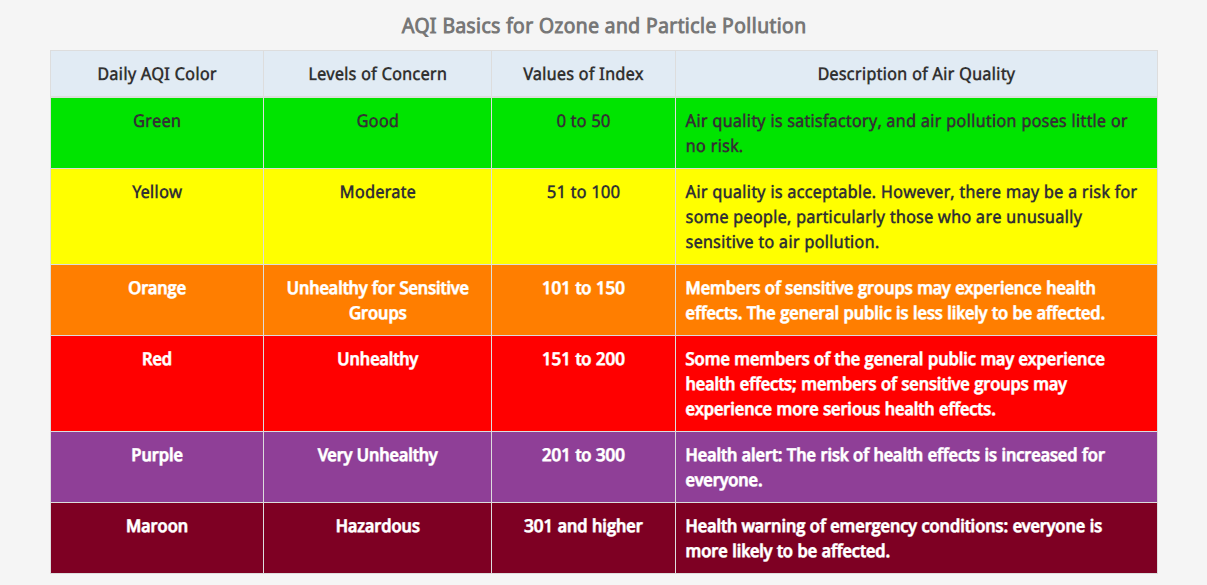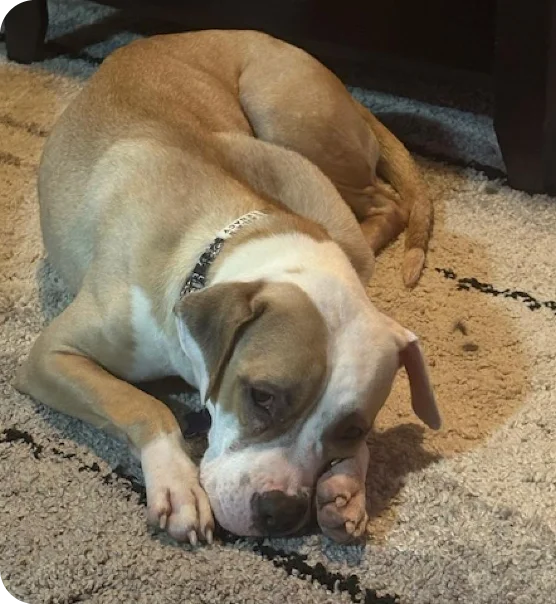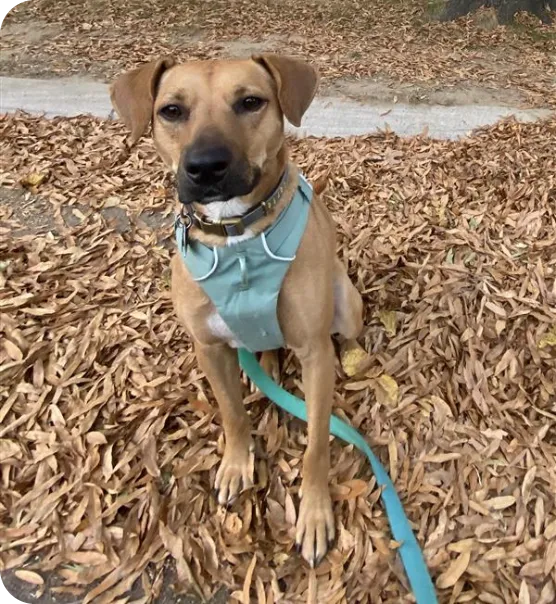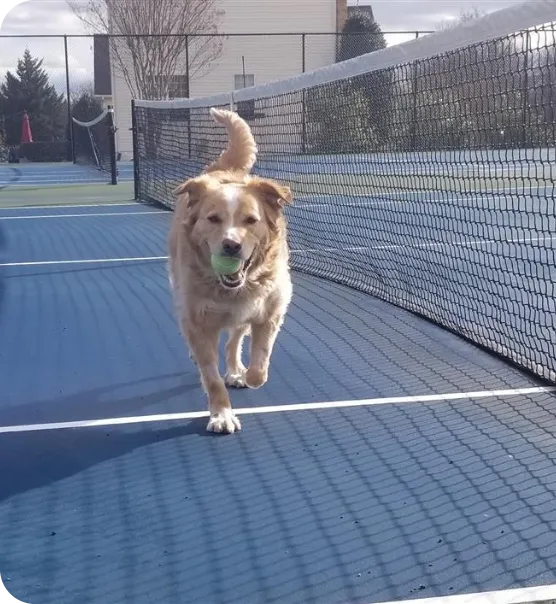Protecting Your Dog from Poor Air Quality
As wildfires continue to rage across the globe, the resulting smoke can have devastating effects on the health of humans and animals alike. The Dog Stop® explores how wildfire smoke affects dogs and other animals, including you, and provides actionable tips for protecting your dog from poor air quality.
Wildfire Smoke and Its Effects on Animals
Wildfire smoke is composed of a complex mixture of gases and fine particles that can harm both humans and animals when inhaled. Just as people experience respiratory issues and other health problems due to poor air quality, animals are also at risk.
It’s important to remember that a dog’s sense of smell is much more acute than humans and the effects of wildfire smoke can be more harmful to them than it is to us. Dogs possess up to 300 million olfactory receptors in their noses, compared to about six million in us.
Recognizing the Signs of Smoke-Related Health Issues in Animals
Knowing the risks smoke and pollution can have on dogs, it‘s essential to monitor your pets for symptoms of smoke irritation, particularly those with preexisting cardiovascular or respiratory conditions.
Pay extra attention to your dog’s health if it’s a Brachycephalic breed. These dogs have shorter snouts or faces that appear flat and, as a result, have narrow nostrils and smaller airways. It goes without saying smoke will affect these dogs more intensely.
Here are indicators of smoke-related health issues in your dog. Please consult your veterinarian if you notice any of these symptoms:
- Coughing or gagging
- Breathing difficulties, including open-mouth breathing and increased noise when inhaling
- Eye irritation and excessive tearing
- Inflammation of the throat or mouth
- Nasal discharge
- Asthma-like symptoms
- Elevated breathing rate
- Fatigue or weakness
- Disorientation or stumbling
- Reduced appetite and/or thirst
Protecting Your Dog from Wildfire Smoke and Poor Air Quality
When poor air quality persists due to wildfire smoke (or any other factors), it’s crucial to take precautions to ensure your pup’s safety. Here is a helpful website to check the air quality in your city or town. To find your city’s air quality from wildfires, go to this section in particular.
This basic chart can help you determine what additional precautions you might need to take, keeping in mind that humans and pets mostly share the same effects.

Here are some tips to help protect your furry friends if the air quality around you is poor. Most of these apply to humans, too!
- Keep your dog indoors as much as possible and close all windows to minimize smoke exposure.
- During air quality alerts, limit outdoor time for dogs to brief bathroom breaks.
- Refrain from intense outdoor exercise during periods of poor air quality. Opt for indoor activities or wait until the air has cleared to exercise your pets.
- If you are in close range of wildfires, prepare a pet evacuation kit and incorporate your animals into your disaster preparedness planning, as you would for other human members of your family.
- Consider using an air purifier with a HEPA filter to remove smoke particles from indoor air. For more information on how purifiers can protect you and your pets, check out this post from CNET.
Long-Term Health Implications for Animals Exposed to Poor Air Quality
Prolonged exposure to poor air quality from wildfire smoke can have lasting health consequences on animals. Chronic respiratory issues, weakened immune systems, and increased susceptibility to illness are all potential long-term effects.
Regular veterinary check-ups and monitoring your dog for any persistent symptoms are critical for maintaining its health following exposure to smoke.
Conclusion: Prioritizing Animal Safety in the Face of Wildfires and Poor Air Quality, in General.
As wildfires become increasingly prevalent, it’s crucial to prioritize the safety of our pets. Stay informed about local air quality conditions and alerts, and follow the tips outlined in this blog.
By recognizing the signs of smoke-related health issues and taking preventive measures, you can help protect your pets from the harmful effects of wildfire smoke and poor air quality. Always consult your veterinarian if you have concerns about your animals’ health during these challenging times.
The Dog Stop® is America’s favorite all-inclusive, award-winning pet care facility designed by dog owners for dog owners. We care for your dogs as if they were our own, spreading love and earning your trust daily. As a leader in the pet care industry, we invite you to learn more about ways we go the extra mile to protect your pup and locations convenient to you.
References:
Wildfire smoke and animals (no date) American Veterinary Medical Association. Available at: https://www.avma.org/resources/pet-owners/emergencycare/wildfire-smoke-and-animals (Accessed: 13 June 2023).
Lowrey, S. (2022) Brachycephalic Dog Breeds: A guide to flat-faced dogs, American Kennel Club. Available at: https://www.akc.org/expert-advice/dog-breeds/brachycephalic-dog-breeds/ (Accessed: 13 June 2023).
System alerts (no date) AirNow.gov. Available at: https://www.airnow.gov/ (Accessed: 13 June 2023).



